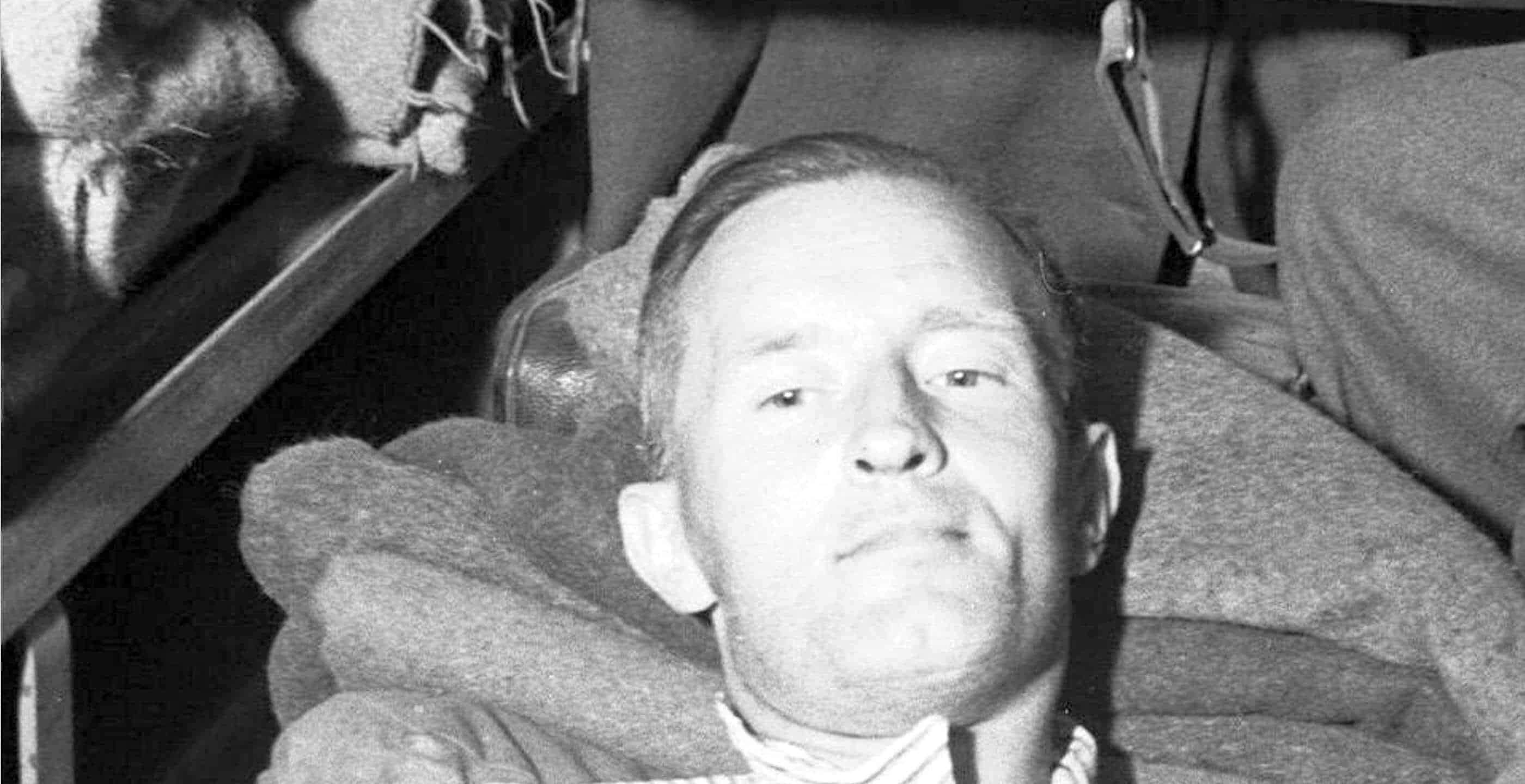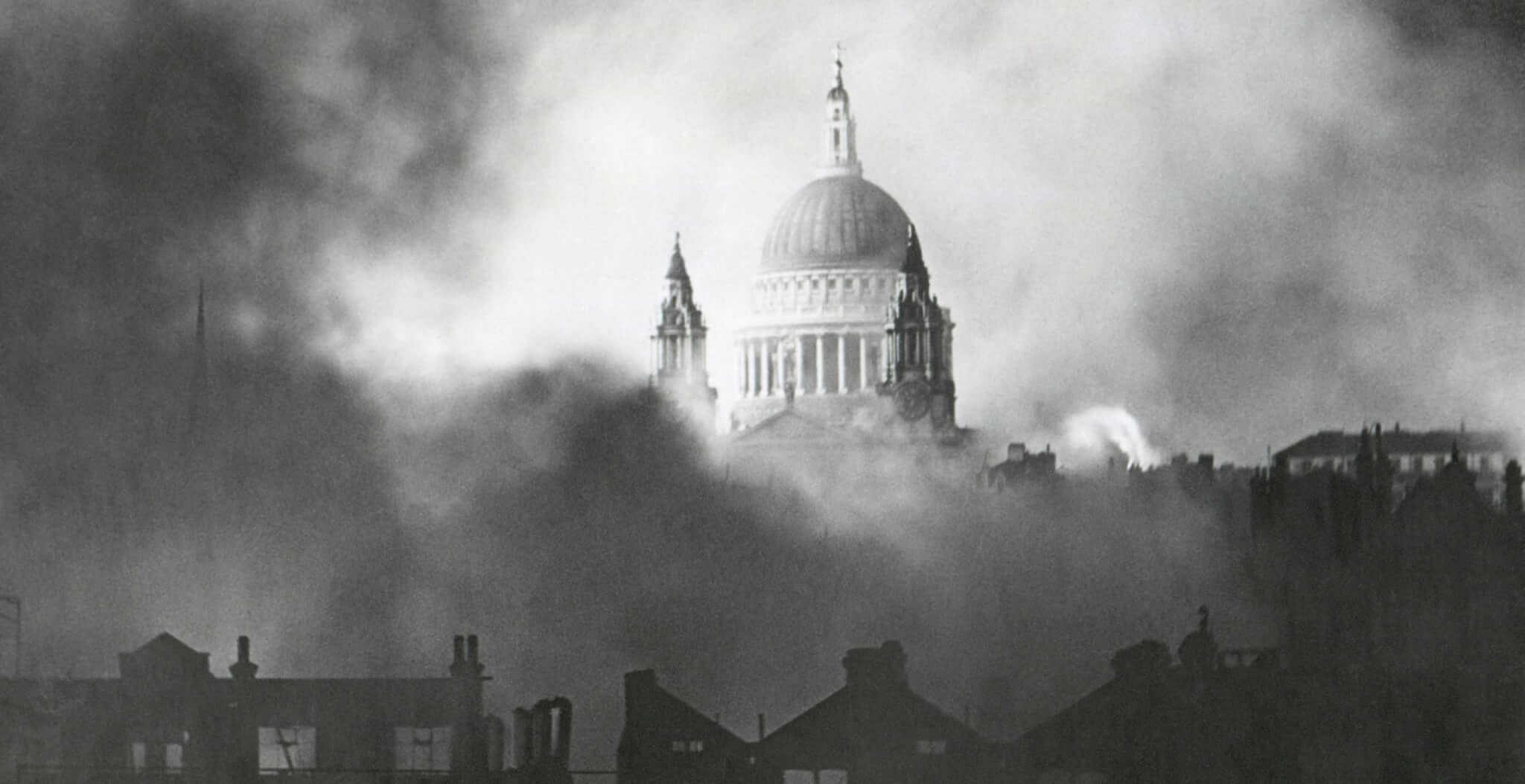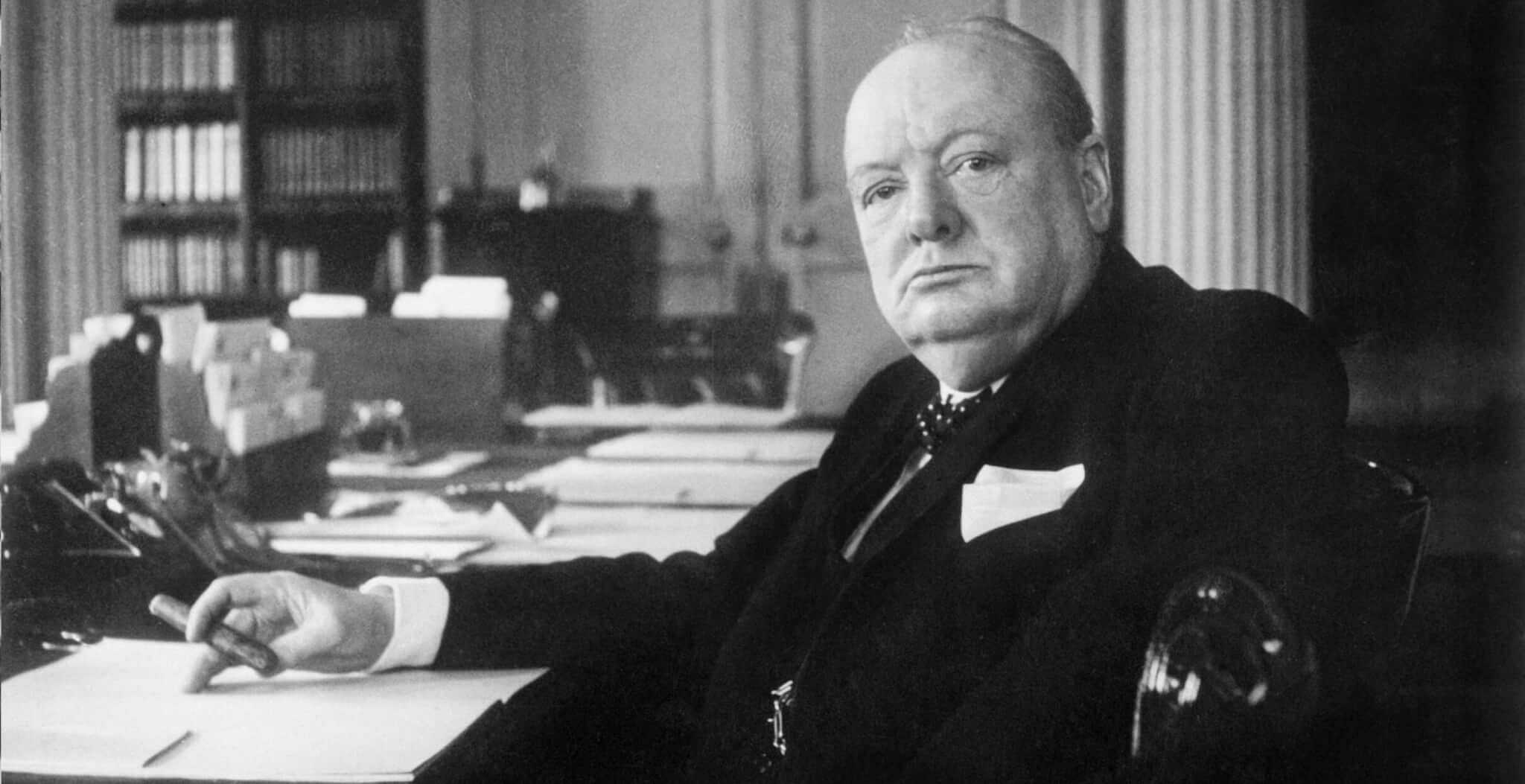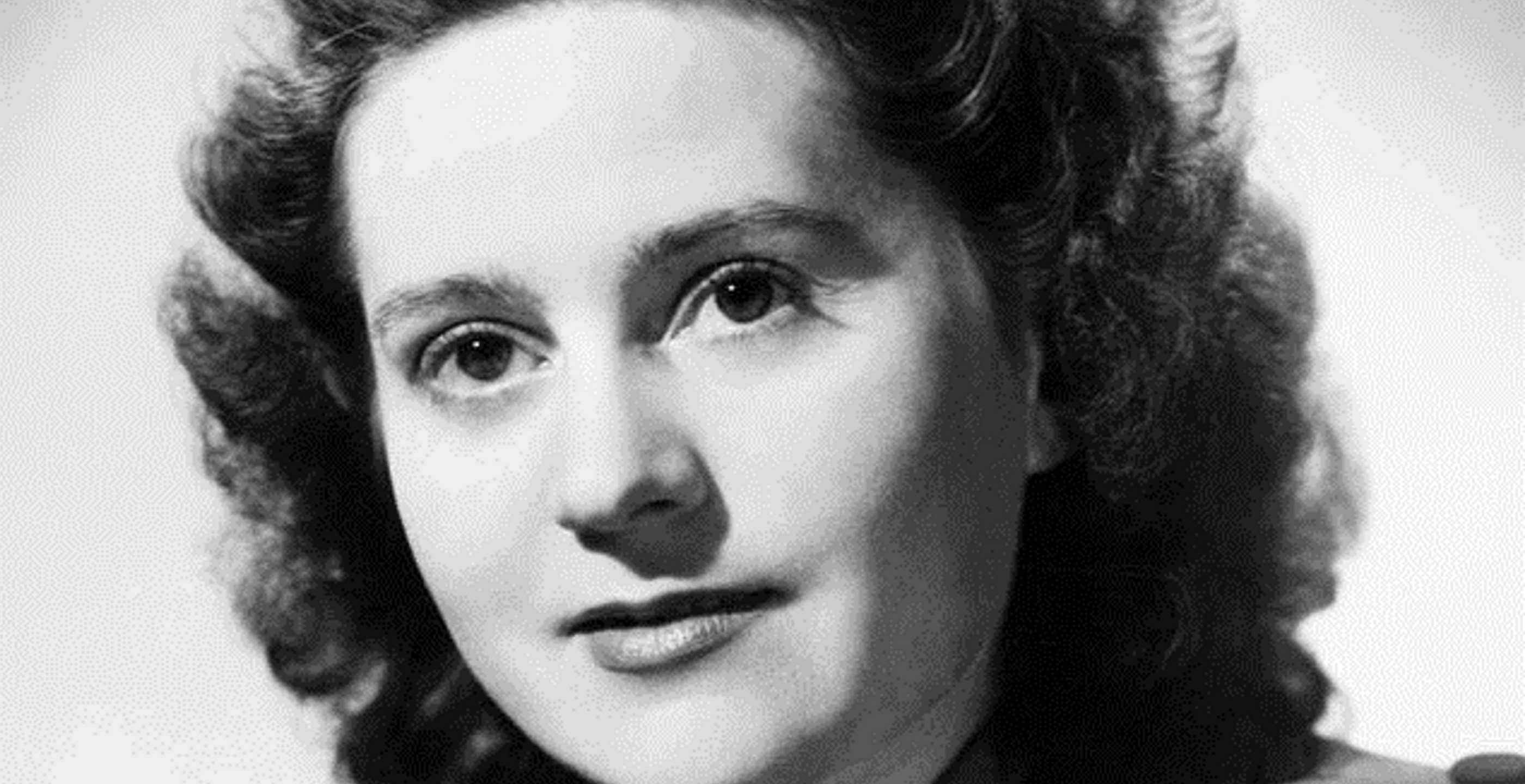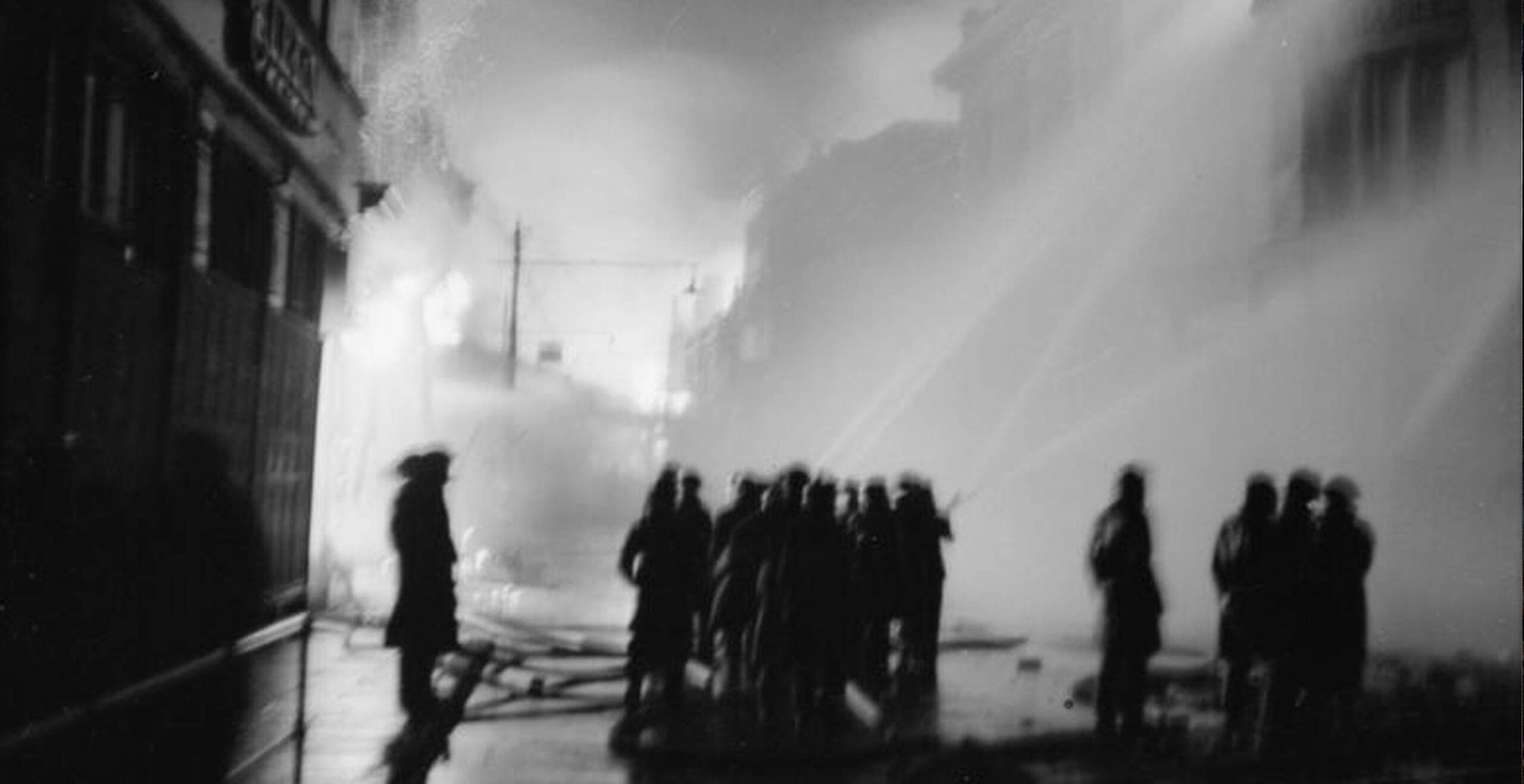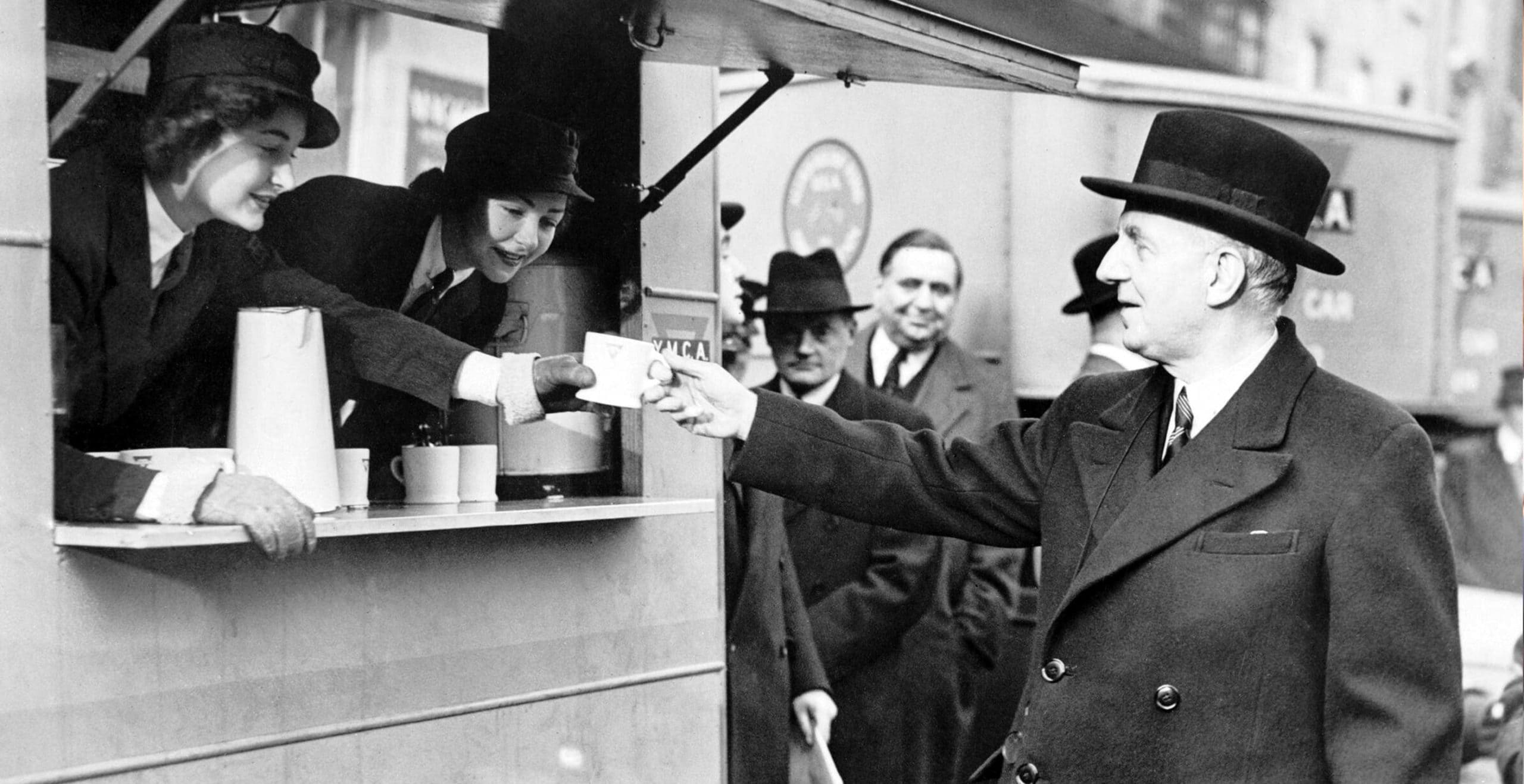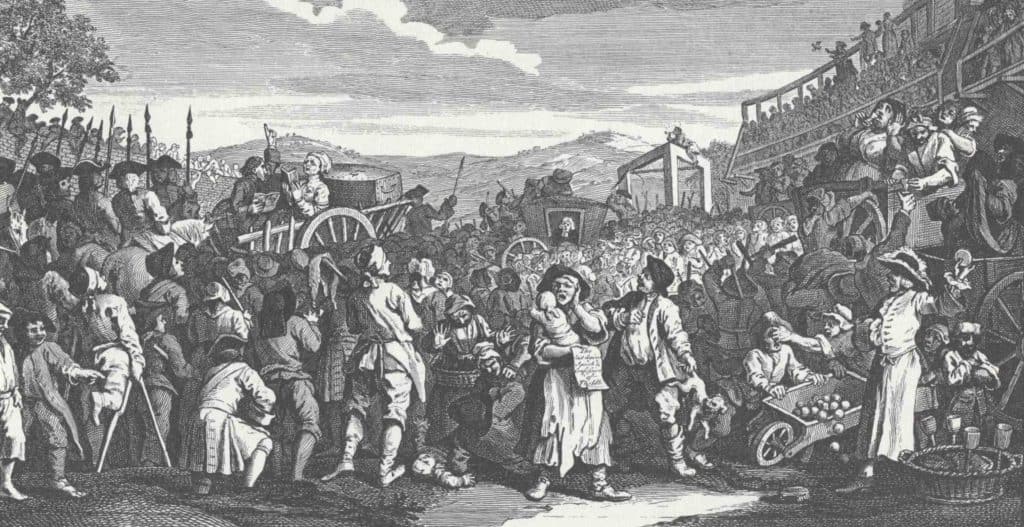On January 3rd, 1946, one of the most infamous men in Britain was put to rest. William Joyce, better known to the British public as “Lord Haw-Haw,” betrayed his country by broadcasting anti-British propaganda on behalf of Nazi Germany. While Joyce enjoyed relative security living in Germany during the war, he soon found himself at the end of a hangman’s rope following the war’s conclusion. What led him to become one of the most recognizable Axis broadcasters during the Second World War? What drove Joyce, a man of Anglo-Irish descent, to become a turncoat and willingly collude with the Nazis?
In order to fully understand William Joyce’s story, his early life must be unveiled. Joyce was born in New York City on April 26th, 1906, to British parents. His father, Michael Francis Joyce, was a naturalized US citizen of Irish origin, and his mother, Gertrude Emily Brooke, was from an Anglo-Irish family. However, Joyce’s time in the United States was short-lived. His family moved to Galway, Ireland when William was three years old, and Joyce grew up there. In 1921, during the Irish War of Independence, he was recruited by the British Army as a courier and was almost assassinated by the IRA on his way home from school. Fearing for Joyce’s safety, the army officer who had recruited him, Captain Patrick William Keating, had him sent out of the country to Worcestershire.
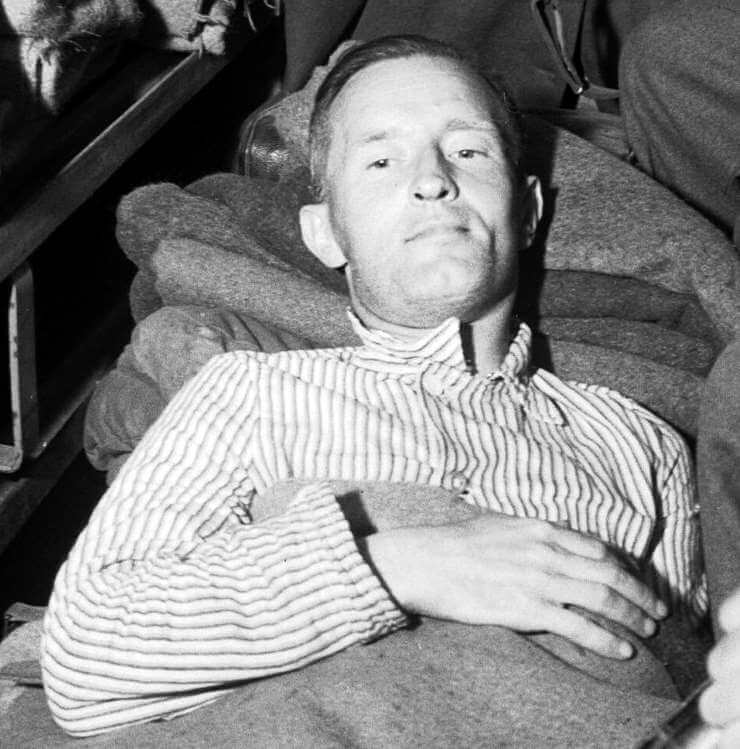
Joyce continued his education in England, eventually enrolling at Birkbeck College. During his studies, Joyce became entranced with fascism. Following a meeting for Conservative party candidate Jack Lazarus, Joyce was attacked by communists and received a razor slash across the right side of his face. The attack left a permanent scar from his earlobe to the corner of his mouth. This event cemented Joyce’s hatred of communism and his dedication to the fascist movement.
Following his injury, William Joyce proceeded to climb up the ranks of fascist organizations in Britain. He joined Oswald Mosley’s British Union of Fascists in 1932, distinguishing himself as a brilliant speaker. Eventually, however, Joyce was sacked by Mosley after the 1937 London County Council elections. Furious, he split off from the BUF to found his own political party, the National Socialist League. More virulently anti-Semitic than the BUF, the NSL aimed to integrate German Nazism into British society to create a new form of British fascism. By 1939 however, the other leaders of the NSL had opposed Joyce’s efforts, opting to model the organization on German Nazism. Embittered, Joyce turned to alcoholism and dissolved the National Socialist League, which turned out to be a fateful decision.
Immediately after the dissolution of the NSL, William Joyce travelled to Germany with his second wife, Margaret, in late August 1939. However, the groundwork for his departure had been made a year earlier. Joyce obtained a British passport in 1938 by falsely claiming he was a British subject when he was actually an American citizen. Joyce then travelled to Berlin, where, after a brief broadcasting audition, he was recruited by Joseph Goebbels’ Reich Ministry of Propaganda and given his own radio show, “Germany Calling.” Goebbels was in need of foreign fascists to spread Nazi propaganda to Allied countries, especially Britain and America, and Joyce was the ideal candidate.
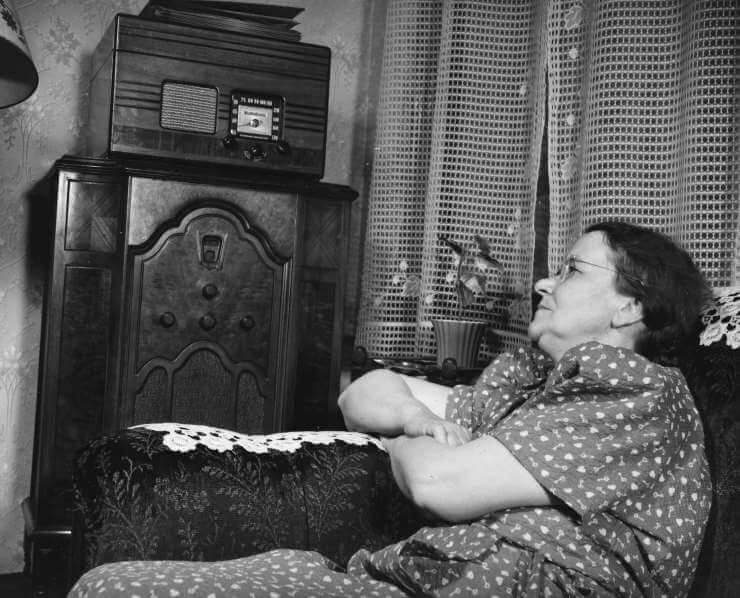
After his arrival in Germany, Joyce immediately got to work. His initial broadcasts were focused on inciting distrust within the British public towards their government. Joyce tried to convince the British people that the British working class was being oppressed by a nefarious alliance between the middle class and Jewish businessmen of the upper class, which had control of the government. Additionally, Joyce used a segment called “Schmidt and Smith” to relay his propaganda. A German colleague of Joyce’s would assume the role of Schmidt, while Joyce would portray Smith, an Englishman. The two would then engage in discussions about Britain, with Joyce continuing his previous pattern of degrading and attacking the British government, people, and way of life. During one broadcast, Joyce exclaimed:
“The whole system of English so-called democracy is a fraud. It is an elaborate system of make-believe, under which you may have the illusion that you are choosing your own government, but which in reality simply insures that the same privileged class, the same wealthy people, shall rule England under different names… Your nation is controlled… by big business… newspaper proprietors, opportunist statesmen… men like Churchill… Camrose and Rothermere.”
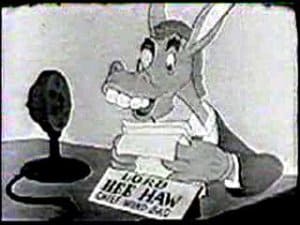
Thanks to Joyce’s caustic rhetoric, British audiences found “Germany Calling” to be quality entertainment. Joyce’s dramatic, fiery oratory was much more entertaining than the somber, dry programming of the BBC, and his show became a hit. He was given the moniker of “Lord Haw-Haw” in 1939 by the British press because of “the sneering character of his speech.” By 1940, it was estimated that “Germany Calling” had six million regular listeners and 18 million occasional listeners in the United Kingdom. Joseph Goebbels was immensely pleased by Joyce’s broadcasts. He wrote in his diary, “I tell the Führer about Lord Haw-Haw’s success, which is really astonishing.”
In recognition of his success, Joyce was given a pay raise and was promoted to Chief Commentator of the English Language Service. While Lord Haw-Haw’s broadcasts focused on undermining British confidence in their government during the first year of the war, things changed when Nazi Germany invaded Denmark, Norway, and France in April and May of 1940. Joyce’s propaganda became even more violent. It emphasized Germany’s military might, threatened Britain with invasion, and urged the country to surrender. Eventually, British citizens came to see Joyce’s broadcasts not as entertainment, but as legitimate threats to Britain and the Allies.
Despite Lord Haw-Haw’s best efforts, his incendiary propaganda only had a minimal impact on British morale during the Second World War. Listeners grew tired of Joyce’s constant contempt for and sarcasm about Britain and took his propaganda less seriously. Joyce continued broadcasting from Germany throughout the war, moving from Berlin to other cities and towns to avoid Allied bombing raids. He eventually settled in Hamburg, where he remained until May 1945. Joyce was captured by British forces on May 28th, transported to England, and put on trial. Joyce was convicted of high treason and sentenced to death on September 19th, 1945. The court argued that since Joyce possessed a British passport between September 10th, 1939, and July 2nd, 1940, he owed his allegiance to Great Britain. Since Joyce served Nazi Germany during that time as well, the court concluded that he had betrayed his country and therefore committed high treason. After being found guilty, Joyce was taken to Wandsworth Prison and hanged on January 3, 1946.
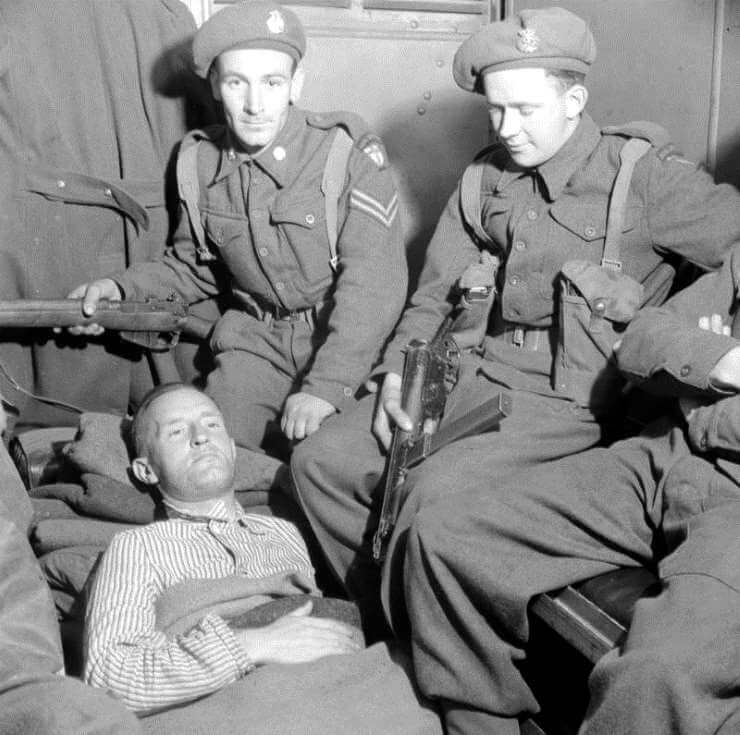
William Joyce’s story is one of contradictions. Joyce had to reconcile his identity as a Briton, an Irishman, an Englishman, and an American due to his transitory upbringing. His search for meaning led him to fascism, which laid out the structure for the rest of his life. Ironically, Joyce’s adoption of fascism led to his downfall. His obsession with Nazi ideology blinded him to the fact that he betrayed his countrymen and his identity, and, as a result, he paid the ultimate price.
Seth Eislund is a freshman at Carleton College in Northfield, Minnesota. He has always been interested in history, especially religious history, Jewish history, and the Second World War. He blogs at https://medium.com/@seislund and has a passion for writing short stories and poetry.
